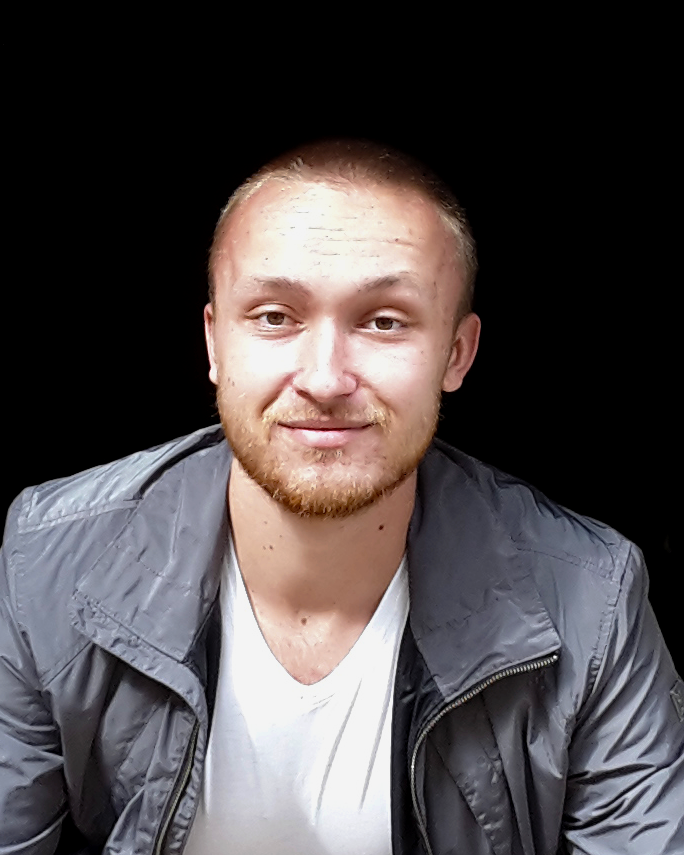The role of effect monitoring for dual-task performance (2015-2018; 2018-2021)
Team
Prof. Dr. Wilfried Kunde Principal Investigator | Prof. Dr. Markus Janczyk Principal Investigator | ||
Dr. Robert Wirth Post-doctoral Fellow |  | Moritz Schaaf PhD Candidate contact email |
This project is done in collaboration with Dr. Lynn Huestegge (Würzburg), Prof. Dr. Iring Koch (Aachen), Prof. Dr. Stefan Künzell (Augsburg), Prof. Dr. Markus Raab (Köln), Prof. Dr. Thomas Schenk (München), Prof. Dr. Marco Steinhauser (Eichstätt), Dr. Roland Thomaschke (Freiburg), and Dr.Denise Nadine Stephan (Aachen).
Abstract (2018-2021)
Humans act to produce certain sensory consequences. To do so, we have to monitor the effects we produce by our motor behavior. With temporally overlapping tasks, such monitoring often has to take place while another action has to be specified. Based on our previous project work we aim to further scrutinize the nature of limitations induced by monitoring of action effects in one task for processing another task. Besides the impact of temporary bindings between response features and effects features on concurrent task processing, we aim to scrutinize the mutual relationship between effect monitoring and error monitoring. Moreover, we will study context factors that might facilitate concurrent monitoring of action effects in one task and processing of another task. The studies will reveal a barely considered “bottleneck” in dual tasking including ways to attenuate its impact.
Abstract (2015-2018)
Humans act to produce certain sensory consequences. To do so, we have to monitor the effects we produce by our motor behavior. With temporally overlapping tasks, such monitoring often has to take place while another action has to be specified. Based on previous research we assume that monitoring body-external action effects can barely run parallel with the specification of other actions, or monitoring of other action effects. The project aims to scrutinize the boundary conditions of such effect monitoring processes. We first want to identify features of action effects that conceivably deteriorate dual-task performance in a more or less bottom-up manner. This applies, among others, to temporal delays of monitored events and (spatial) incompatibility of these events to the motor actions by which they are produced. We will then study conditions that enable flexible scheduling of monitoring procedures, so that parallel actions no more suffer or even benefit from effect monitoring. We assume that instructions, strategic implementation of monitoring breaks, and direct responses to effects that shortcut response selection in another task are particularly interesting in this respect. Altogether the project will unravel a so far barely considered “bottleneck” in multitasking and possibilities to circumvent it.
Project Output
Steinhauser, R., Wirth, R., Kunde, W., Janczyk, M., & Steinhauser, M. (in press). Common mechanisms in error monitoring and action effect monitoring. Cognitive, Affective, and Behavioral Neuroscience.
Kunde, W., Wirth, R., & Janczyk, M. (2018). The role of feedback delay in dual task performance. Psychological Research, 82(1), 157-166.
Wirth, R., Janczyk, M., & Kunde, W. (2018). Effect monitoring in dual-task performance. Journal of Experimental Psychology: Learning, Memory, and Cognition, 44(4), 553-571.
Wirth, R., Steinhauser, R., Janczyk, M., Steinhauser, M., & Kunde, W. (2018). Long-term and short-term action-effect links and their impact on effect monitoring. Journal of Experimental Psychology. Human Perception and Performance, 44(8), 1186-119.
